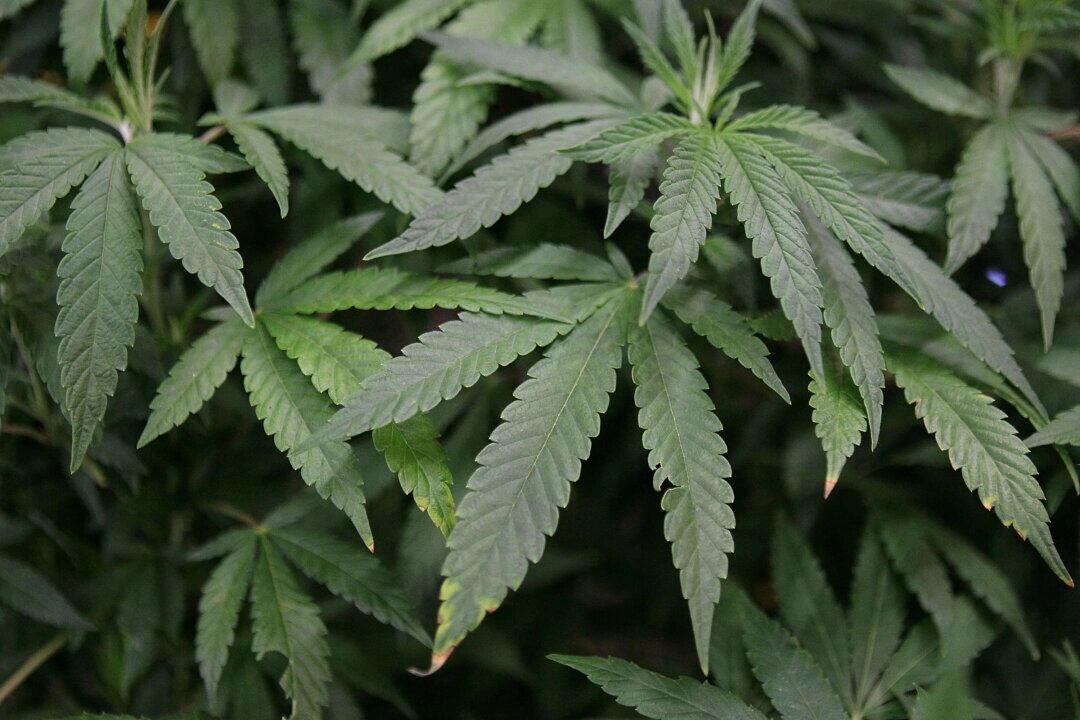By Aldgra Fredly
Law enforcement rangers last week removed over 2,000 marijuana plants and banned pesticides from a site in Sequoia National Park in California, according to the National Park Service (NPS).
In an Aug. 21 statement, the NPS said rangers cleared a 13-acre site containing 2,377 full-grown marijuana plants, along with 2,000 pounds of trash and infrastructure.
During the operation, rangers discovered a semi-automatic pistol and a gallon of Methamidophos—a toxic insecticide banned in the United States since 2009—together with other hazardous chemicals.
The site was initially raided last year but could not be rehabilitated until this year because of the dangers posed by the hazardous chemicals found in the area, according to the statement.
Law enforcement reported some environmental damage, including water diversion from a nearby creek and the installation of irrigation lines. They also found several large pits allegedly used for storing diverted water, campsites, kitchen setups, and signs of poaching activity, according to the NPS.
Other damage included the clearing of significant natural vegetation and the digging of terraces into the hillside for marijuana cultivation. Rangers also uncovered about two miles of illegally constructed trails at the site, it stated.
The NPS said the investigation is ongoing and that no arrests have been made.
According to the agency, nearly 300,000 plants with an estimated value of $850 million have been eradicated in Sequoia and Kings Canyon National Parks over the past 20 years.
“For almost two decades, well-organized drug-trafficking organizations have been operating large-scale cultivation operations in and around Sequoia and Kings Canyon National Parks,” it stated. “These cultivation sites cause major damage to the parks’ natural resources and are a threat to public and staff safety.”
The agency warned that illegal cultivation sites pose major risks to the Central Valley. Each marijuana plant consumes six to eight gallons of water a day, according to the California Department of Fish and Wildlife, potentially depleting water supplies that flow from Sequoia National Park to the Central Valley. Runoff from cultivation sites may also be contaminated with a variety of pesticides, according to the NPS.
In May, California authorities seized nearly 106,000 illegal marijuana plants and over 22,000 pounds of processed cannabis—valued at nearly $124 million—during a drug enforcement operation involving personnel from both local and federal agencies.
The operation, which covered about 4,600 square miles in Central California during the week of May 5, uncovered evidence of banned or restricted pesticides at eight locations, according to the governor’s office.
Jill McLaughlin contributed to this report.






